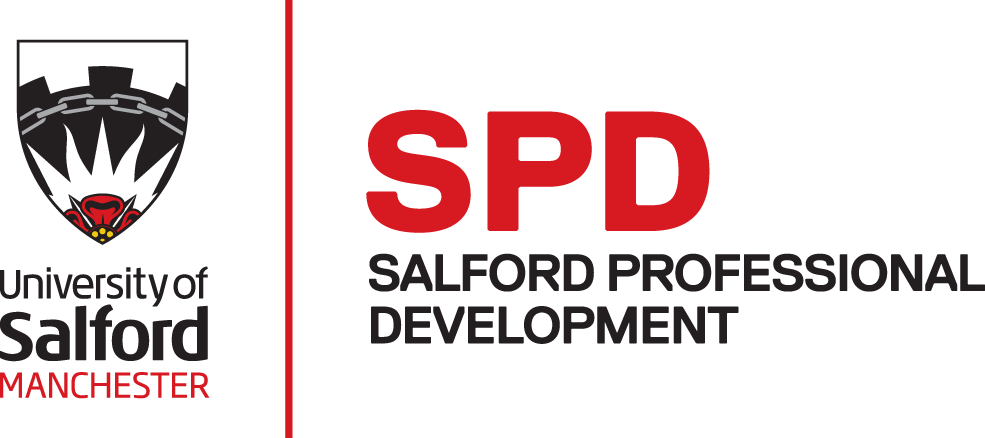ILM Level 7 Coaching and Mentoring (Certificate Programme)
COURSE OVERVIEW
The ILM Level 7 Certificate in Coaching and Mentoring is perfect for senior professionals and executives who regularly coach and mentor at a senior level.
This programme will enhance learners emotional intelligence and interpersonal skills through effective coaching and mentoring. The course will help to increase engagement from teams in order to achieve organisational objectives.
The ILM Level 7 in Coaching and Mentoring can also be accredited to a Diploma Level. The module structure remains the same as the Certificate qualification, although additional coaching hours are required to successfully complete the Diploma accreditation.

At a glance
Benefits for individuals include:
- Powerful, inspirational communication skills, developing listening and questioning skills.
- Generates increased openness to opportunities for personal learning and development.
- Ability to create targeted performance improvements for self, individuals, teams and businesses.
- Develop the ability to support others through change, and become resilient when challenged.
- Develop self-awareness and improve leadership capability.
Benefits for the organisation include:
- Demonstrates commitment to individuals and their development.
- Higher organisational performance and productivity.
- Facilitates the adoption of a new culture or management change.
- Supports cost reduction and business growth.
- What is coaching, and the differences between coaching and mentoring?
- The benefits of coaching for you and your organisation.
- The skills and attributes of a safe, effective coach.
- Understand and apply to underpin psychological concepts that support coaching, including Neurological Levels, NLP and Transactional Analysis.
- How to begin a coaching conversation, apply effective models such as GROW, OSKAR and SUCCESS and ask effective coaching questions.
- Hold professional standard coaching and mentoring conversations in a safe, supervised environment, and receive feedback.
- Identification of when coaching is and is not an appropriate approach.
- Understand the coaching process, and how to use key models to hold both formal and informal coaching conversations (and consider the spectrum in between).
- Build, develop and lead high performing teams. Consider how to develop people in line with the performance management process and values of own organisation.
- Apply coaching strategies to create a culture of innovation and excellence. Develop high-performance initiatives for own teams.
- Consider motivational strategies and learn how to coach and mentor team members with varying abilities and potential.
- Examine how to use coaching conversations to develop individual professional goals and career plans with team members to enhance motivation levels.
- Identify how to integrate coaching and mentoring into your leadership approach to support the needs and objectives of the business; informal development and the art of ‘Curb-side Coaching’ leading to the development of a coaching culture.
- Develop a real-world business case for innovative coaching and mentoring application within your own organisation
- Learn and apply supervision best practices in order to provide Formative, Normative and Restorative supervision support to other coaches and mentors in the organisation, at any level.
- Understand good practice in the evaluation of coaching and mentoring, including cutting edge methodology in measuring ROI.
- Develop a set of coaching tools that can be utilised in different situations.
- Practice real-world management coaching and mentoring, and supervision conversations, in a safe and supervised environment.
- Review of learning and interim coaching practice.
- Sharing of best practice stories, successes and barriers faced.
- Using a coaching style of management, increasing ownership and accountability.
- Using coaching to enhance performance and raise awareness.
- Using coaching/mentoring to develop potential and performance.
- Using coaching to help move people through change.
- Creating a coaching culture – benefits, costs, and strategy.
- Benefits of coaching and mentoring for individuals, managers and the organisation.
- Potential individual, operation and organisational barriers and strategies to minimise or overcome them.
- Heron’s Interventions.
- Matching your style to the needs of the client.
- Develop your personal profile to position yourself as an effective executive coach or mentor.
- Co-supervised coaching sessions: Coaching, being coached and providing feedback.
- Know how to review and build the context, strategy, culture and processes for coaching and mentoring at a senior and strategic level.
- Understand and analyse different coaching and mentoring models and their impact.
- Learn how to evaluate the effectiveness of coaching and mentoring in an organisation.
- Critically review your own communication skills, emotional intelligence, interpersonal skills and values, to assess your competence as a coach or mentor.
- Plan, deliver and review coaching and mentoring contact with clients at a senior and strategic level.
This qualification is designed for senior managers or HR/OD professionals who want to develop their expertise and credibility in the fields of coaching and mentoring or to establish coaching on an organisational level. It’s also for professional coaches and mentors seeking to enhance and accredit their experience with a nationally recognised qualification.
On-campus Training
Salford Professional Development training facilities is located in Greater Manchester, just outside the city centre on The University of Salford campus at Adelphi House.
If you prefer face-to-face learning methods, receive personal one-to-one support from expert tutors and enjoy networking with like-minded professionals, our on-campus training cohorts may be the best option for you.
Online Classroom
This programme offers virtual classroom learning dates to best suit those who have busy work/life schedule, are located outside of the United Kingdom or outside of the Northwest of the UK area and prefer online learning methods and networking.
In-House and Tailored Training
Our in-house and bespoke training options are perfect for organisations who are looking to upskill a group of professionals and prefer to have the training delivered on site from their location. We also offer the option to tailor course content to match the groups real life experiences they will face in their role and industry.
